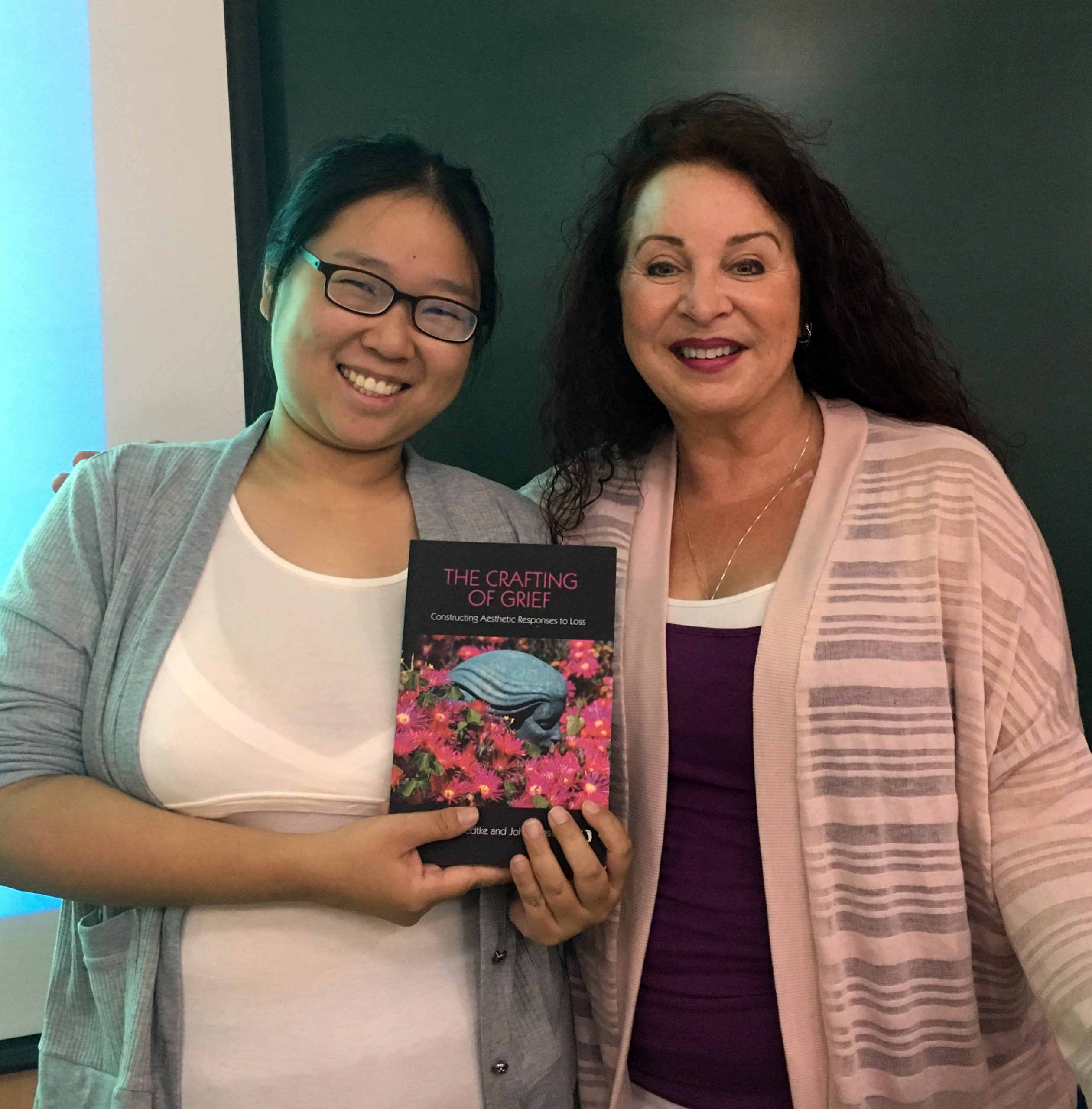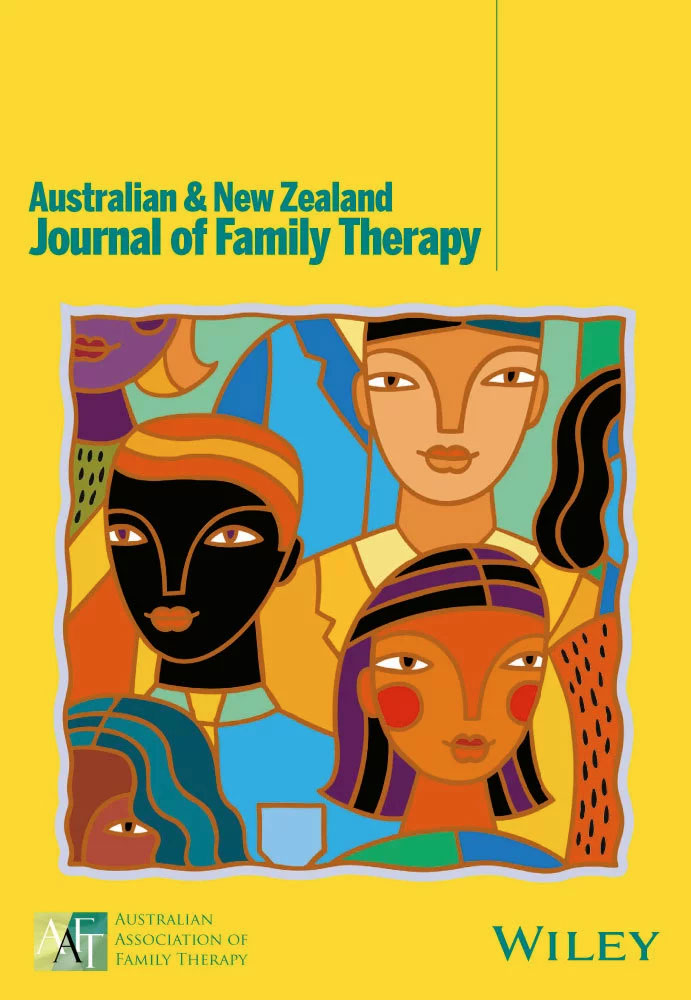A narrative approach allows psychosocial teams to stand alongside children who have cancer, or life-threatening illnesses, and their families at critical times and to create stories of agency. Rather than dwelling on stories of loss and despair that potentially enfeeble families, a narrative approach builds on stories of strength that engender hope by asking questions that separate the person from the problem. Developing such stories supports people in taking action against the effects of cancer. It also facilitates the formation of a legacy that can sustain family members, even after the death of a child. This legacy serves as the foundation for remembering the dead, folding their stories into the lives of the living, and constructing lines of relational connection that can transcend physical death. Not only do families benefit from this approach, but the psychosocial team that provides professional and medical services can be uplifted through witnessing practices of strength and love in the face of hardship.
Watch Lorraine's Ted Talk Defining the Future of Grief Psychology with Love
Join Lorraine's Mailing List Today!

Get the latest updates from Lorraine and the Fabula center. Be the first to know about upcoming events and publications.
Join the Mailing List Today!